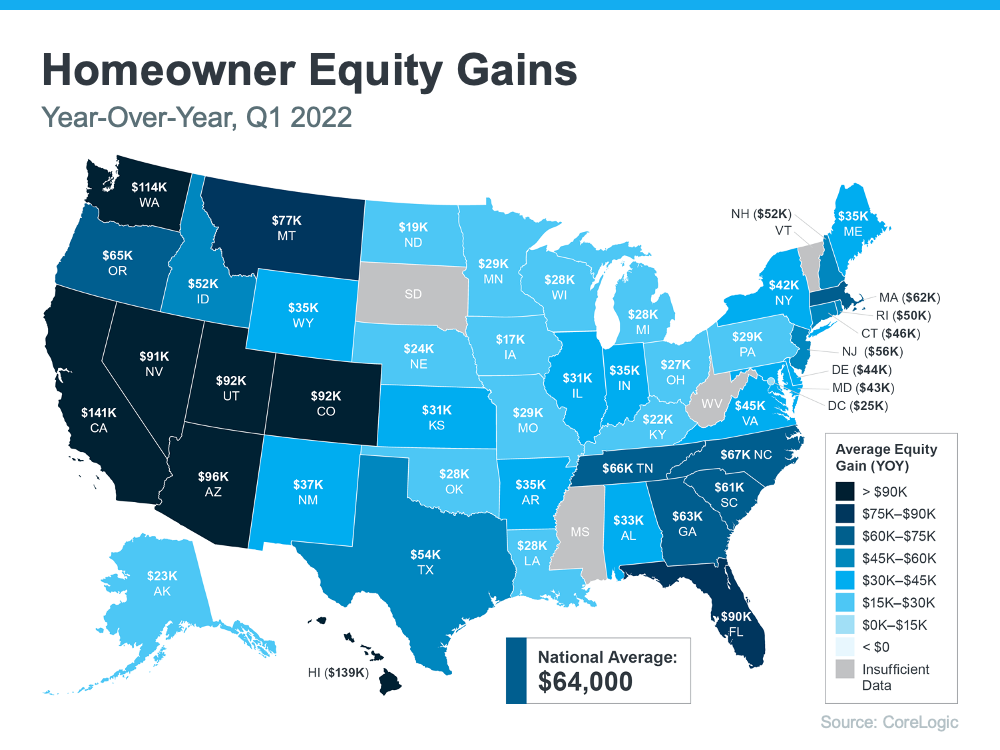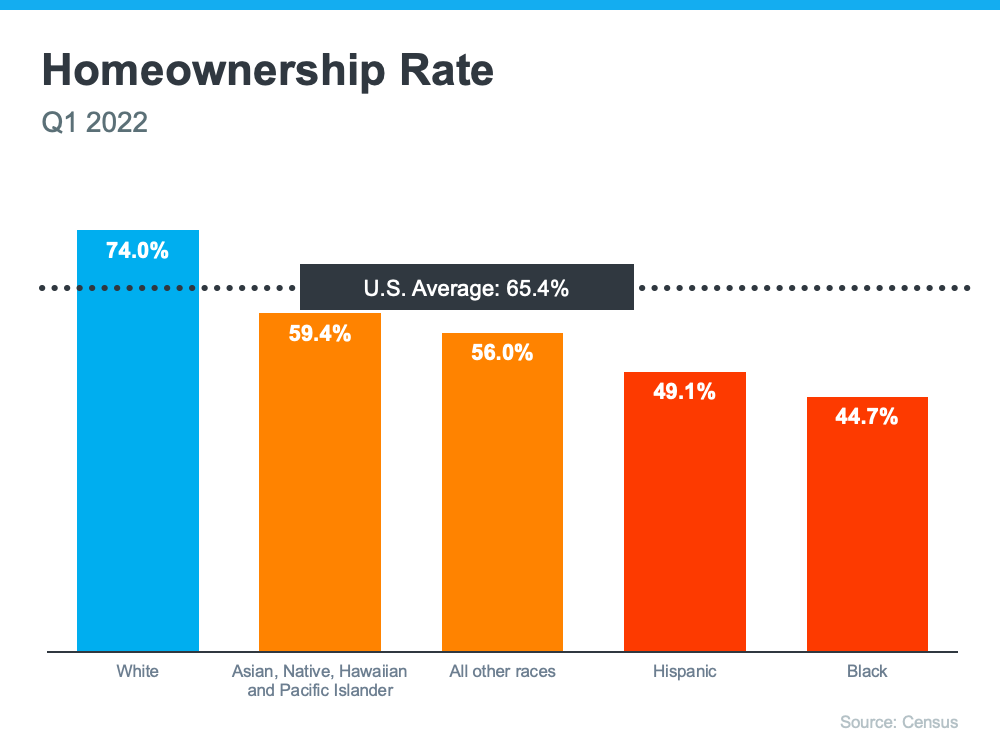Smart home features aren’t just in movies anymore. Home sellers may consider upgrading aspects of their property’s tech before hitting the market.
Remember the Jetsons? They were a futuristic cartoon family with their own popular 1960s TV show who introduced us to some high-tech trends like flying cars, robot maids and “push-button Space Age-envisioned conveniences.” While we’re not quite there yet, plenty of “push-button” smart home conveniences have bound onto the market in recent years, helping make homes more comfortable, safe and convenient.
Using smart home technology isn’t a far-fetched goal for homeowners – and there are some good details to know about how different features function, how often buyers are searching for them, and which stay or go when the sale goes through.
Common smart home features
With the right amount of research, motivation and budget, nearly any home can become a smart home. Brandon Doyle, a real estate agent with RE/MAX Results in Maple Grove, Minnesota, explains that a smart home by today’s standard is simply a house with an integrated system of technology.
“The textbook definition of a smart home is three or more connected devices,” says Doyle. “The devices can be connected to each other or to the internet and accessed remotely.”
The technology can vary, but it most commonly includes elements like:
• Voice Assistant – Voice activated software that carries out simple commands, like telling the temperature or shutting off lights. E.g. an Amazon Echo or Google Nest.
• Smart Lock – A Wi-Fi or Bluetooth-enabled door lock that uses the tap of a finger or voice command, allowing homeowners to leave their keys at home.
• Smart Doorbell – Synonymous with video doorbell, this internet-connected device allows a homeowner to see who’s at the front door via a video feed and smart phone.
• Smart Thermostat – Also Wi-Fi enabled, this technology automatically adjusts a home’s heating and cooling settings and can also be adjusted remotely with a smart phone.
• Smart Water Meter – This technology can analyze water usage and track patterns to optimize efficiency. Some are automatic while others can be manually adjusted using a smart phone.
• Smart Garage Door– This Wi-Fi enabled device allows you to remotely check on the state of your garage door, open and shut it, or check when it was last in use.
• Smart Security System – Also known as a Smart Alarm, this is a system of window and door sensors that can be monitored and controlled through a smart phone.
Each of these components serves a modern function, but when connected to a central hub – like a smart phone or voice assistant – they can operate by simple command, becoming much more convenient.
Selling a home in the “Smart Age”
Doyle explains, however, that not all smart homes carry the true distinction of the term.
“A lot of the products are considered personal property and so they wouldn’t actually convey with the home. Like your voice assistants, you’re going to pack those up and take them with you,” he shares. “But for things like smart thermostats, doorbells or locks, I think of them as fixtures that are going to convey with the property.”
For home sellers, it’s important to know the distinction between the two – and the expectations that come with home technology when listing a home for sale. Personal property technology, like a robot vacuum or streaming device that isn’t embedded in the home is considered an item the seller would take with them. But an item such as a smart thermometer, doorbell, smart lock, or security system that requires installation – and therefore can be considered a fixture of the house – will likely stay when it’s time to move.
Donna Deaton, an agent with RE/MAX Victory + Affiliates in Liberty Township, Ohio says in certain states, like hers, smart home technology needs to be declared in the transaction.
“All contracts are different with every state, and ours were just updated a year ago. They now include smart fixtures and say they stay with the home unless we write them out. So, we would have to exclude it in the contract should the buyer or the seller want to take those things with them,” she says.
Deaton explains how smart tech also needs to be disconnected or disclosed.
“It’s a rule here that if they have smart technology things, they either have to disconnect it or disclose it. If you’re not going to disconnect it, you have to disclose it to the buyer’s agent and they have to sign a form that says the buyers are aware,” she says.
And that happens for good reason. Both Deaton and Doyle have experienced smart home technology enough to advise home buyers and sellers where to be cautious.
Doyle adds, “As a seller, make sure your home is secure during showings. Some smart locks have codes within them, so make sure they are removed or secured. Accessible codes can be manipulated to reset the locks and could leave your house vulnerable.”
How buyers feel about smart home technology
Today’s buyers may be used to – or even expecting – a myriad of these digital features in the homes they consider purchasing. And for the homeowners occupying their home before selling, these forms of technology certainly do offer several conveniences and peace of mind. But, according to Deaton, smart home technology isn’t necessarily a make-or-break factor for most buyers considering purchasing a home.
“Homebuyers are still looking for the basics – a certain number of bedrooms, bathrooms, and a garage. The smart home features are a bonus,” Deaton says.
While homebuyers may not require a full suite of tools that designate a property a smart home, they might be interested in individual additions. For example, buyers who previously relied on heat from an electrical baseboard system or AC from a window unit may be enamored by the idea of having an updated HVAC system controlled by a tool like a Nest Thermostat.
Doyle shares that a common practice right now with newly built homes is a “Smart Home” package. This is being seen in both the mid-range and luxury homes as a way for builders to showcase modern amenities.
“A lot of new home builders are offering Smart Home packages that might include a smart water meter or a more robust internet setup for your home network with multiple wireless access points,” Doyle says. “It’s still about location, layout and price. If there is smart technology in the home, it’s a perk but not yet a necessity.”
In Doyle’s market, he is seeing the addition of a robust ethernet network, which is hard-wired internet and alleviates the strain on Wi-Fi connections, as a major perk to today’s buyers – especially those who may be working from home. He says this feature is truly what allows a house to have one integrated ecosystem and support smart technology, today and into the future.
In which case, watch out Jetsons! With their heightened convenience and extra safety measures, real-life smart homes are here to stay.




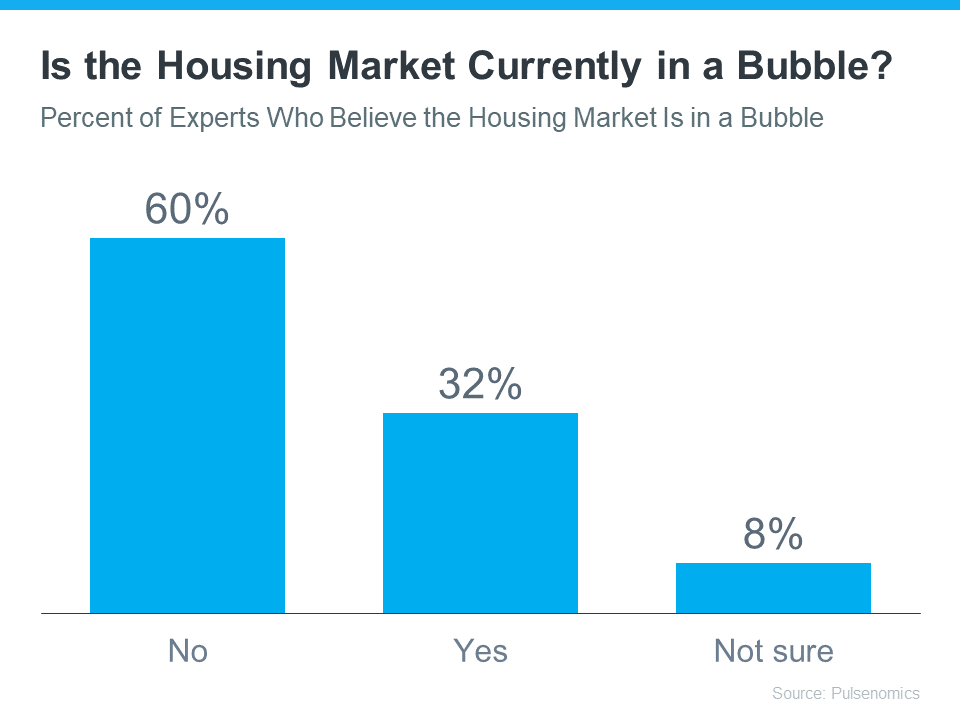
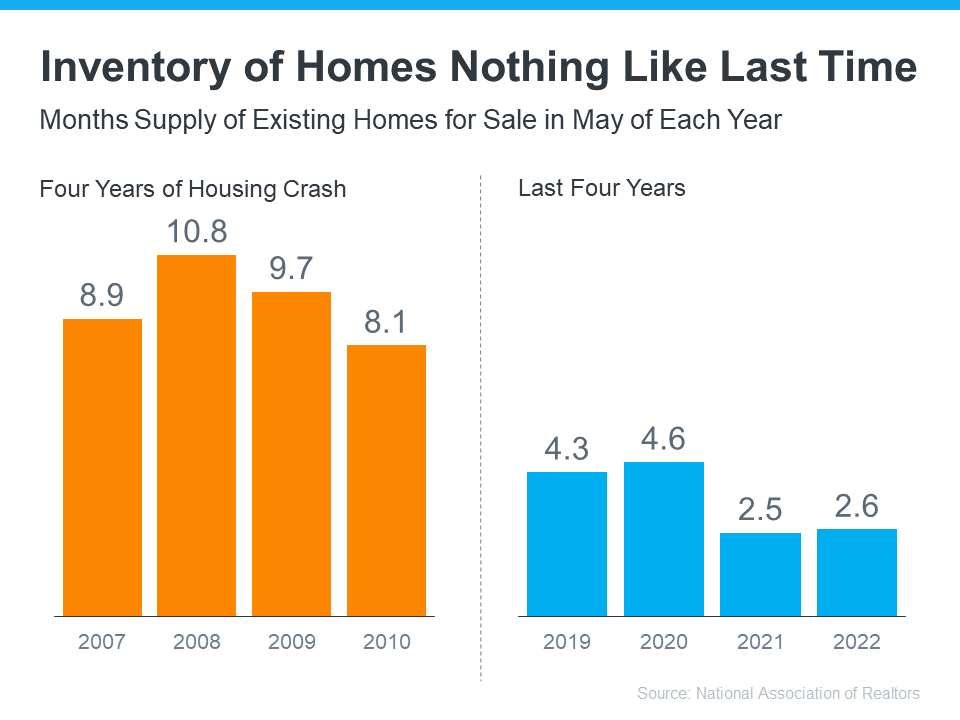
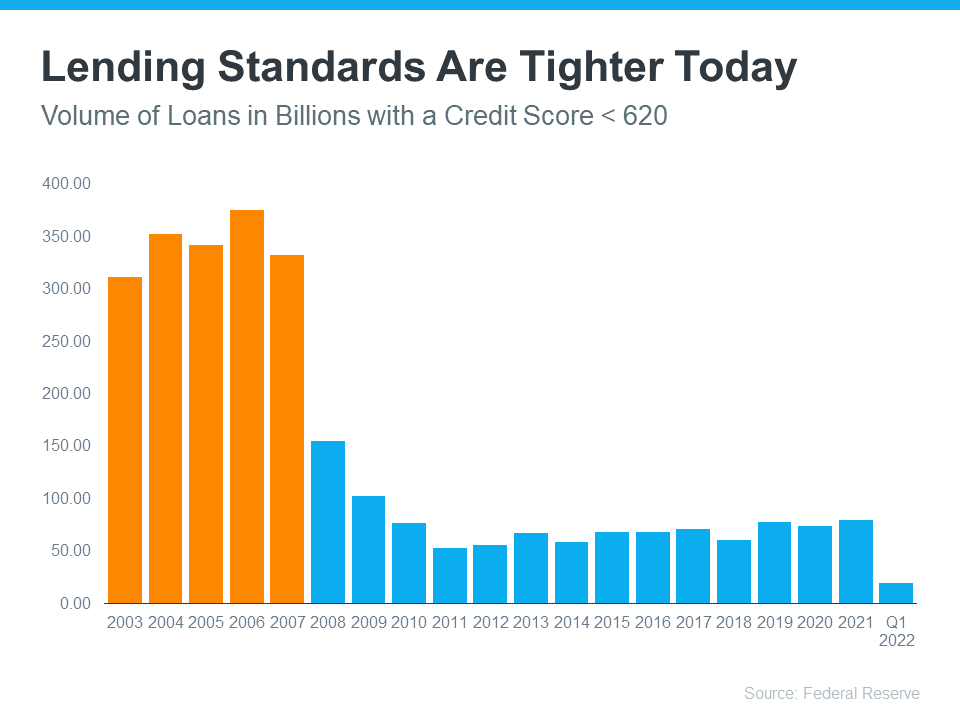
![Why an Agent Is Essential When Pricing Your House [INFOGRAPHIC] | MyKCM](https://files.mykcm.com/2022/06/23153223/20220624-MEM-1046x2115.png)

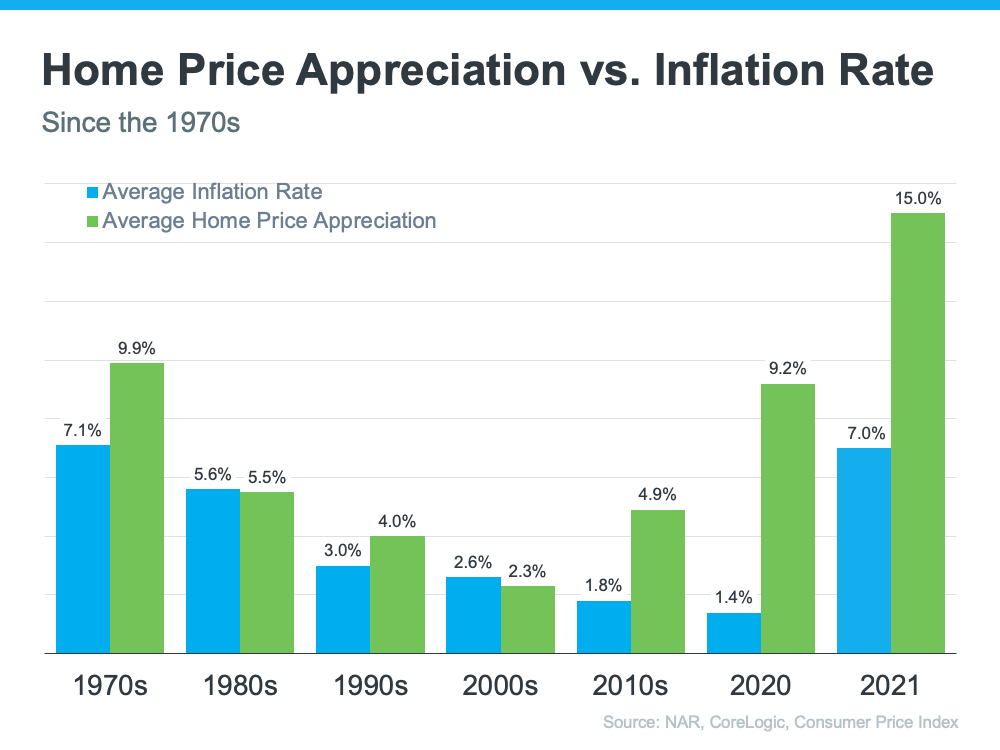

![More Listings Are Coming onto the Market [INFOGRAPHIC] | MyKCM](https://files.mykcm.com/2022/06/16132154/20220617-MEM-1046x2089.png)

